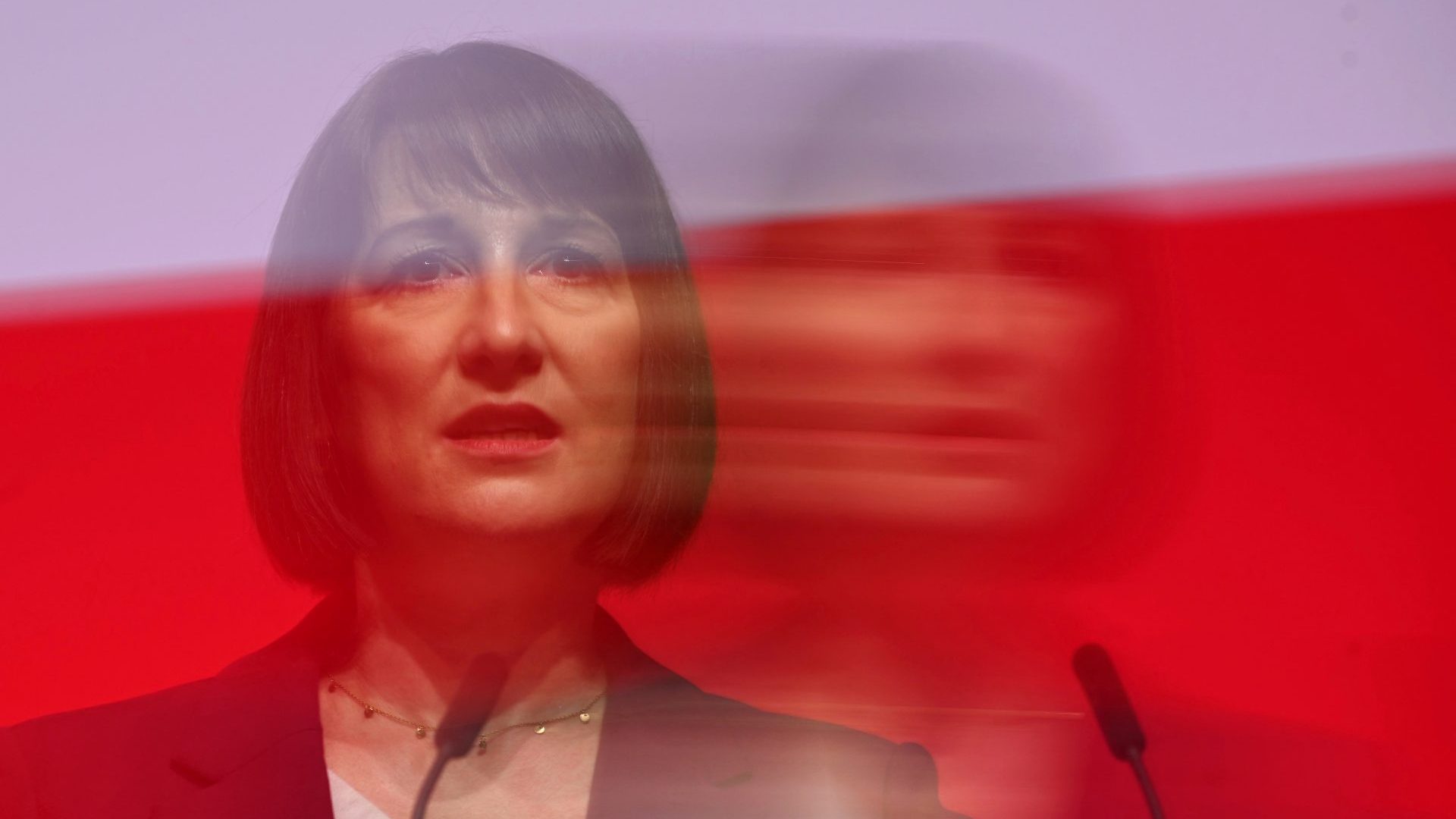However John Lydgate, a 15th-century monk, reached the conclusion that it was impossible to please all of the people all of the time, he was undoubtedly correct. Pleasing most of the people some of the time would qualify as a triumph for most politicians. It takes a particular talent, however, to simultaneously enrage such diverse groups as pensioners, farmers and the entire creative sector, and this is where the UK government excels.
Incurring the wrath of the first two groups is something of an occupational hazard for politicians of all parties, but to be at odds with film-makers, authors and national treasures such as Elton John and Sir Paul McCartney is quite an achievement for a Labour government. And it seems to be pig-headed rather than principled.
Prime minister Sir Keir Starmer may take pride in being, as Tony Blair described himself, “a pretty straight sort of guy”, but that is no excuse for being so completely inept at anything akin to public relations. If ever a patient was in desperate need of a bit of spin doctoring, it is surely the one currently in charge of the UK.
Even when the government is forced to accept that it has made a dreadful mistake, it leaves it so long to backtrack, and then does so in such a clumsy way, that it fails to negate the damage done and risks simply compounding it. The saga of the winter fuel allowance and Labour’s U-turn is only the most obvious example.
If pensioners angered by the cut were supposed to be appeased by a belated and grudging concession that the relatively miserly payment might be made available to more people, the lack of any detail ensured that the anger persisted. It was finally revealed ahead of the spending review that more than 75% of pensioners will receive the payment this year, but the damage had been done.
Chancellor Rachel Reeves is admirably determined to get the nation’s finances back on track, but even the most rigidly focused finance person needs to employ a little flexibility at times. The world has changed from the one in which she made her manifesto commitments, and even though there would be the predictable outcry from the right wing media and political opponents, the public would generally accept that new rules must apply.
If defence spending is to be worthwhile, it needs to be front-loaded: potential aggressors will not be deterred by the threat that the UK will be prepared to put up a fight, just not in the next few years. Yet rather than being bold, Reeves sends mixed messages, indicating that the economy is improving a bit, hence more pensioners might get a little help to stay warm after all, but that there still have to be swingeing cuts to some departmental budgets in the spending review.
Government spending could certainly be more efficient, and an insistence on making it so is correct. But until that nirvana is achieved, Reeves needs to raise some more cash.
Going to Manchester last Wednesday to announce some major transport schemes was an attempt to focus on the positive, although Reeves had already agreed to some relaxation of the rules on borrowing to invest in capital projects. But even the most junior of spin doctors might have warned that, coming a week ahead of the spending review, this bit of good news would be doomed to vanish beneath the weight of the cuts to come.
According to YouGov, Starmer’s popularity rating hit a record low last month and, while progress on trade deals and gently edging closer to the EU is welcome, it is unlikely to have moved his favourability any closer to that of Nigel Farage. Scoring more highly than Kemi Badenoch does not count as an achievement any more than putting one’s name on an examination paper.
Despite gloomy polls, those in power still believe that even though the next general election is a few years off, it is highly unlikely that the country would welcome back a Conservative government, and neither will a majority vote for Farage, in whatever guise he presents himself. But the risk is that left and centre voters desert Labour, heading for the Liberal Democrats or the Greens, or simply do not vote at all.
It isn’t just a matter of doing spin and comms properly. From now on, Starmer and Reeves need to listen to people with more experience of government and beyond. He is a narrow-focus lawyer; she is a narrow-focus economist. They badly need experienced people to help them think through all the implications of things they do – or don’t do. And they must beware of unnecessarily alienating more large and vociferous sectors of the community.
Boris Johnson claimed that table tennis was invented in England under the name of wiff-waff, but parliament has its very own version of ping-pong and has recently been playing a particularly heated version of it over the issue of copyright. The creative industries are united in their belief that AI poses a huge threat. The government has been seen as failing to provide even the flimsiest support for them despite pleas from world-famous authors such as Kazuo Ishiguro and Salman Rushdie, musicians and publishers.
The House of Lords went into battle on behalf of the creatives, but despite the government being defeated in the Lords several times, it would give no ground. Such complete intransigence in the face of cross-party opposition is highly unusual. It has fostered the belief that Starmer and Reeves are petrified of doing anything that might be interpreted unfavourably by the Big Tech bros. And even if that is not the case and the government does move to offer some hope to those who need protection from the long reach of AI, it will be too late.
Like those who were unceremoniously stripped of their winter fuel allowance, the creative industries will have lost their trust in Labour.




